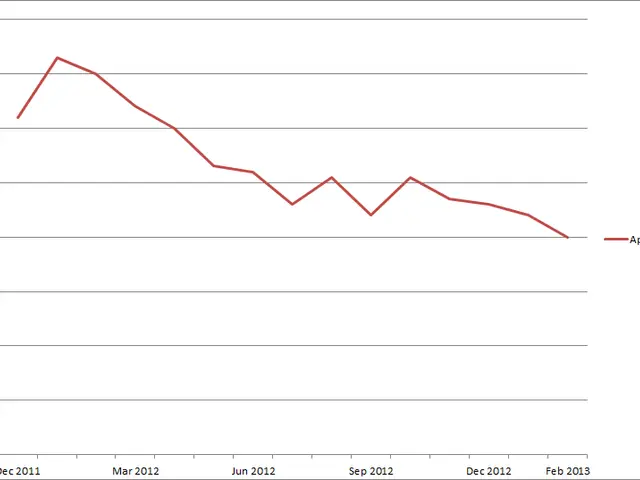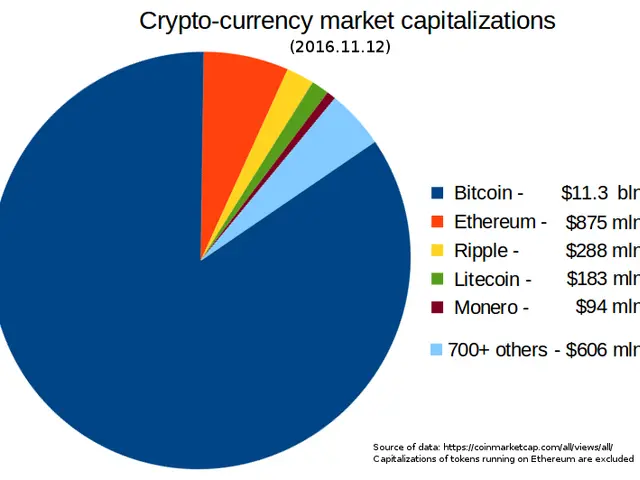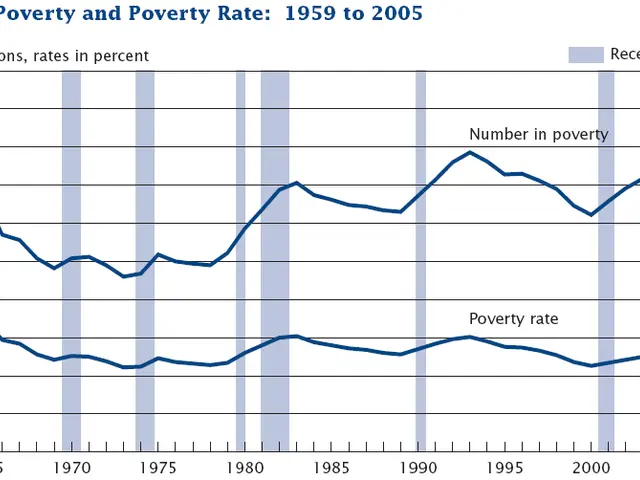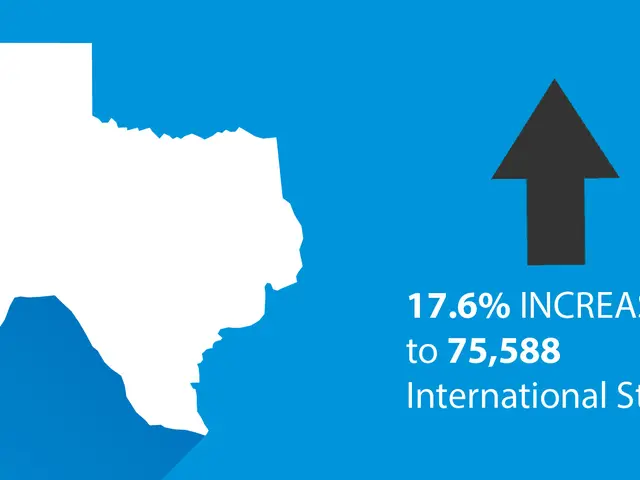TAKE DOWN THE TARIFFS OR EXPECT A FIGHT, CHINA URGES
U.S.-China trade negotiations are under assessment, according to China, yet duties continue to serve as a hindrance.
In a no-nonsense statement, China's Commerce Ministry has made it clear that it's up to the Trump administration to show its sincerity in trade talks, and that means dropping steep tariffs that have soured relations between the two economic powerhouses.
The ministry's statement reaffirmed Beijing’s readiness to negotiate, but also underscored its determination to respond with force if necessary. One-sided tariffs of up to 145% remain an obstacle that undermines trust, the statement said.
"If the U.S. side wants to talk, it should show its sincerity, and be ready to take action on issues such as correcting wrong practices and canceling the unilateral imposition of tariffs," the ministry asserted.
In a twist, an unnamed ministry spokesperson revealed that Beijing had taken note of various statements from senior U.S. officials indicating a willingness to discuss tariffs. However, the ministry emphasized that China would regard overtures without a change in President Trump's sharp tariff hikes as insincere.
"Saying one thing but doing another, or even attempting to engage in coercion and blackmail under the guise of talks, will not work on the Chinese side," the statement warned.
As China winds down for a public holiday, share prices in Hong Kong and Taiwan jumped, with U.S. futures advancing alongside. However, the Trump administration is set to end a duty-free exemption on low-value imports from China, which will result in higher prices and delivery delays when the government starts collecting tariffs on every single shipment.
In response to Trump's tariff hikes, Beijing has raised its own duties on imports of U.S. products to as high as 125%. The country has also tightened restrictions on exports to the U.S. of certain strategically important minerals and stopped importing a wide range of U.S. farm products[3].
Simultaneously, China has sought to join with other countries to build a united front against Trump, while ramping up its own countermeasures to the impact of Trump's tariffs[3].
Trump has imposed a global 10% import tax, or tariff, on hundreds of billions of dollars worth of Chinese goods, aiming to compel manufacturers to shift factories back to the U.S[4]. Treasury Secretary Scott Bessent, who is leading the administration's approach to China, has said he expects Beijing to call because their tariffs are not sustainable[4].
However, the Chinese government has shown no inclination to compromise, with its foreign ministry posting a video on social media this week stating that the U.S. has "stirred up a global tariff storm." It vowed China would not "kneel down" in the trade war, adding, "Kneeling only invites more bullying."[5]
INSIGHT: HOW CHINA RESPONDED TO TRUMP'S TARIFFS
China's responses to Trump's tariffs have been multifaceted, involving both retaliatory measures and diplomatic efforts[3].
- RETALIATORY TARIFFS: China applied tariffs on a broad range of American goods, including coal, crude oil, agricultural machinery, and large-engine cars. These tariffs ranged from 10% to 15%, depending on the product[3][2].
- ANTI-MONOPOLY INVESTIGATIONS: China launched anti-monopoly investigations into U.S. companies, such as Google, in response to U.S. trade actions[3].
- DIPLOMATIC STANCE: China strongly criticized the Trump administration's tariff policies, labeling them as "unilateral bullying practices" and "blackmail." China has insisted on maintaining its sovereignty and economic interests, rejecting any idea of bowing down under U.S. pressure[3].
MOST READ BUSINESS STORIES
- Why Alaska Air wants Portland to be its Sea-Tac 'relief valve'
- Emptier ports, shortages, higher prices: Latest tariffs may really hit home in next 2 weeks
- Phoebe Gates - Melinda and Bill's daughter - gets wired
- May Day 2025: Upstart unions at Seattle's Amazon, Starbucks, REI enter the Trump era
- Tariff tit-for-tat has Seattle waiting for the ships to come in
Sources:
[1] https://www.bloomberg.com/news/articles/2019-04-20/china-imposes-retaliatory-tariffs-on-almost-50-billion-of-u-s-goods[2] https://www.reuters.com/article/us-usa-trade-china-idUSKCN1RE1L2[3] https://www.nytimes.com/2018/07/06/world/asia/china-us-trade-war-trump-tariffs.html[4] https://www.cnbc.com/2018/03/22/trump-says-the-tariffs-will-remain-until-china-meets-our-dr_amp.html[5] https://www.nbcnews.com/business/business-news/china-makes-counterpunch-trump-said-it-would-hit-u-s-with-n1054096
- The Dow Jones Industrial Average dropped significantly following the Chinese Commerce Ministry's statement, expressing concern over the ongoing trade talks and the potential for a fight if tariffs aren't lowered.
- Seattle businesses, particularly those connected to the tech sector, have been closely monitoring the trade dispute between China and the U.S. government, with Amazon being a prominent example, as it has significant operations in both countries.
- The 2025 May Day marked a turning point in Seattle's business landscape as upstart unions at Amazon, Starbucks, and REI entered the Trump era, with their actions resonating globally.
- Finance news outlets have been publishing articles speculating on the potential impact of general-news events, such as China's tariffs and political tensions, on the business sector, with a focus on how businesses might adapt.
- In 2025, the Seattle Port was filled with apprehension as the ongoing tariff tit-for-tat with China had led to a significant slowdown in shipping, posing a challenge to the local economy.
- Leading economists and business analysts have expressed their concerns about the China-U.S. trade war, cautioning that the prolonged disagreement could have detrimental effects on the global economy, particularly for industries that rely on tariff-free trade.
- As Beijing continued its stance against the Trump administration's tariffs, it sought to strengthen relationships with other countries in the Asia-Pacific region, aiming to create a united front against the rhetoric and potential economic repercussions of the trade war.






